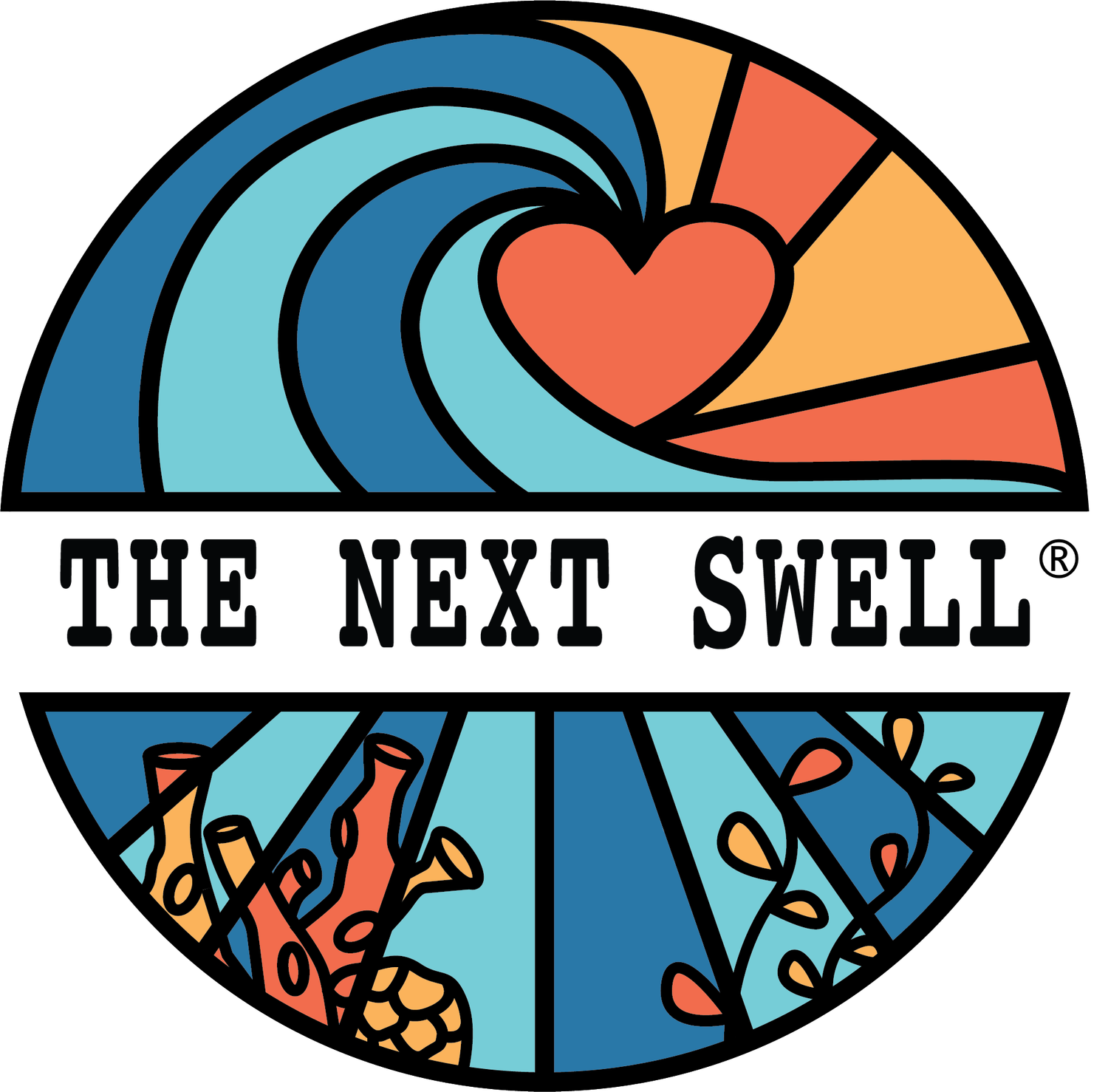History Majors Can Save the Whales, Too
Image credit: Nikol Damato
The Next Swell 2022 scholarship winner Nikol Damato shares her pathway from history major to a career in the human dimensions of marine conservation.
When I tell people I have an undergraduate degree in history, the response is usually something to the effect of, “But don’t you work in ocean conservation?”
The short answer: “Yes, I do!”
But the longer answer is a bit more interesting.
My academic career began at Slippery Rock University of Pennsylvania, in a rural community near Pittsburgh. My undergraduate major in history and a self-made major in environmental studies provided me with training in many fields—from the humanities to the social sciences to the natural sciences, all with a focus on the environment. I knew I wanted to work in the field of natural resources and conservation, but I wasn’t sure exactly what to do.
I graduated with my undergraduate degrees in May 2020, and the months of quarantine that ensued gave me plenty of time to reflect on my education up until that point—and my career goals. I remember reading an anecdote from marine biologist and policy expert Dr. Ayana Elizabeth Johnson where she said to focus my environmental action at the intersection of three questions: What are you good at? What brings you joy? What work needs doing?
Well, I am good at conducting research, particularly in the humanities and social sciences. The ocean brings me joy—especially whales like the endangered Southern Resident killer whales in Washington State. I was concerned about the continued decline of the Southern Residents despite recovery efforts and interested in improving upon policies intended to protect them.
I found myself at the confluence of Dr. Johnson’s questions, so I headed to the University of Rhode Island to pursue my master’s degree in marine affairs to further my training in the environmental social sciences. I may have entered the field of marine conservation to save the whales, but during my master’s program, it wasn’t just whales I was studying. I was studying people.
It is people, after all, who decide which policies are created, how they are created, and whether they are enforced. People make choices and take actions that shape the outcomes of policies, and whether those policies are effective. In other words, if we want public policy to help save the whales, we have to understand people. The study of people in wildlife conservation and natural resources is known as the “human dimensions.”
It was during my master’s program that I was awarded a scholarship from The Next Swell. The award funded research for my thesis, where I studied recreational boaters’ compliance with regulations for vessel distance and speed to reduce disturbances to the Southern Resident killer whales. Working in the human dimensions of conservation brought me incredible joy, and I felt compelled to continue my studies.
This leads us to the present, where I am now pursuing a PhD at the University of Washington in Seattle to continue studying decision-making and policy in support of Southern Resident killer whale recovery. My PhD research is at the intersection of several disciplines—marine science, public policy, the behavioral sciences, and the decision sciences—to inform real-world policy in pursuit of benefits for both humans and killer whales alike.
The pathway to a career in the marine sciences is not necessarily straightforward, and there are plenty of careers beyond what we typically think about when we hear the words “ocean conservation.” As it turns out, history majors can save the whales, too.
Nikol Damato (she/her) is a PhD Student in the School of Environmental and Forest Sciences at the University of Washington, Seattle. She is a member of the People and Wildlife Lab and the Washington Cooperative Fish and Wildlife Research Unit, as well as an Achievement Rewards for College Scientists (ARCS) Scholar and a Graduate Fellow in the Center for Environmental Politics. Contact Nikol at ndamato@uw.edu or add her on LinkedIn.

